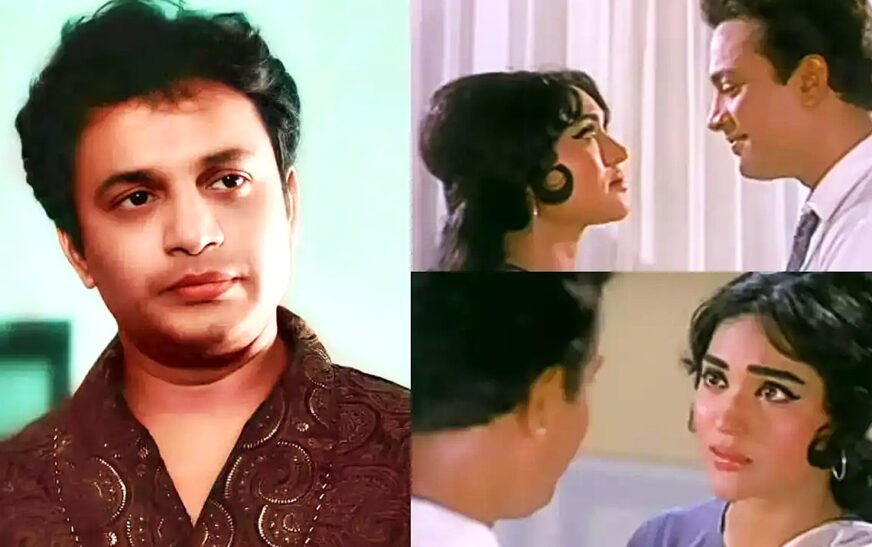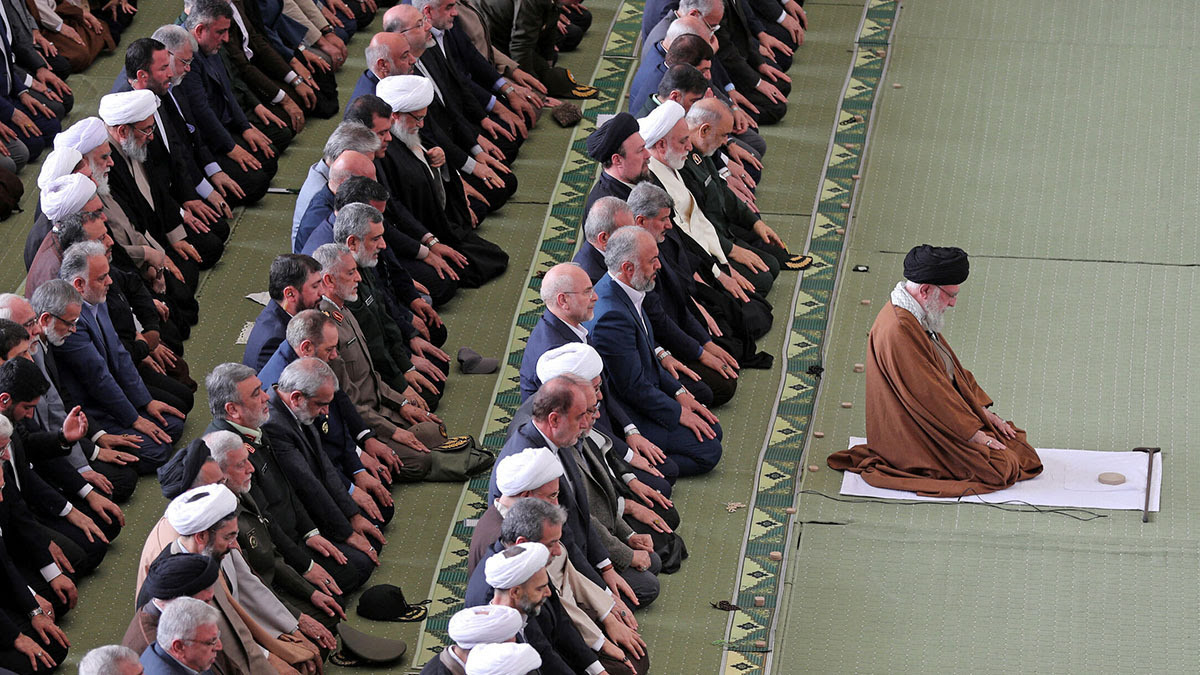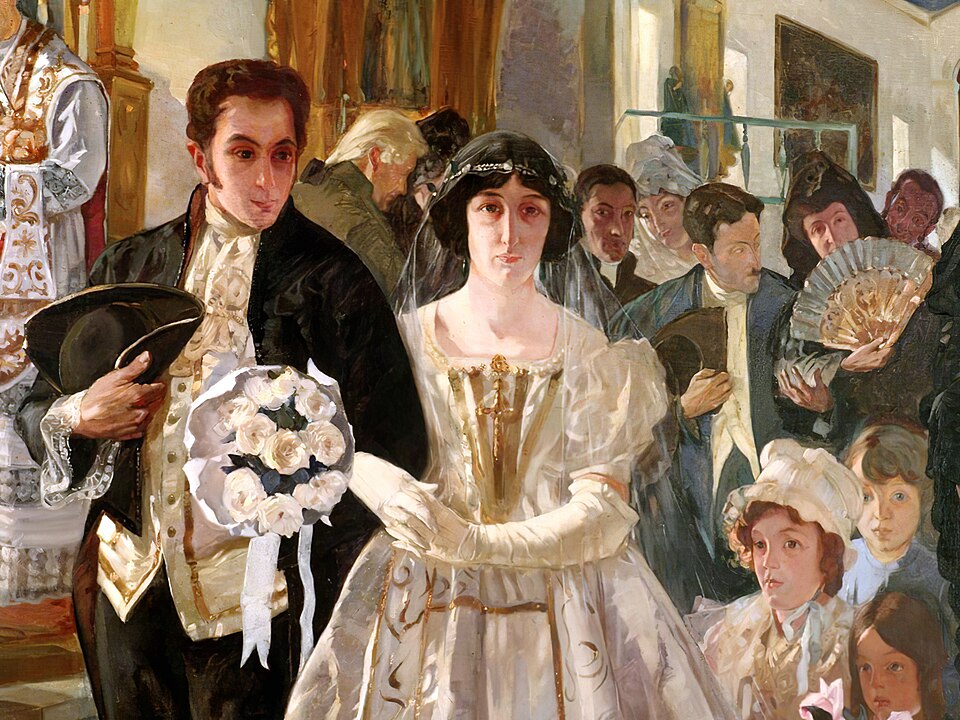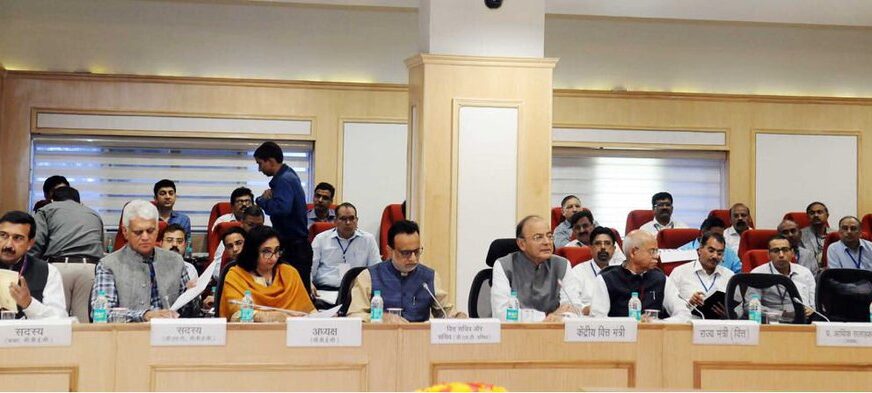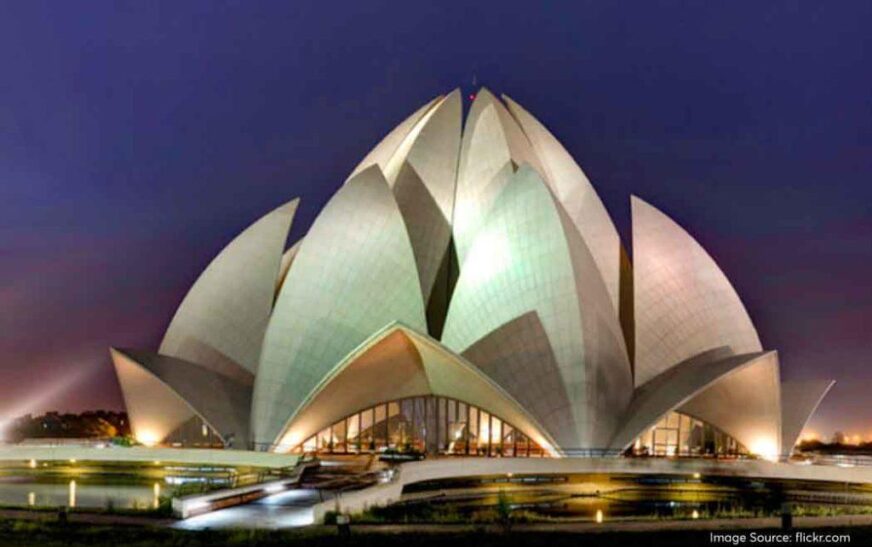UTTAMKUMAR’S TRYST WITH BOLLYOOD
SARASIJ MAJUMDER
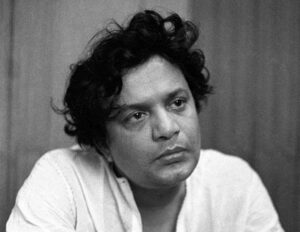
Most of the spectators remember UTTAM KUMAR doing two Hindi Films.
One— ‘Chotisi Mulaqqat’, a FLOP; and the other— “AMANUSH”, a HIT.
Today—I will chart his complete saga with Bollywood.
Had Uttam Kumar not turned him down, Raj Kapoor would have cast him in the Bengali version of the Hindi film ‘Jagte Raho’.
But because Uttam couldn’t find time (?), Kapoor cast self instead. Association with RK, may opened up doors of Bollywood for him much before!
Such was the sway that Uttam Kumar had once in Bollywood that filmmakers were tripping over one another to cast Uttam Kumar in his Bollywood debut. Composer-producer Hemanta Kumar Mukherjee thought he would get the privilege of launching Uttam Kumar in Hindi Film Industry, as they were close friends. Hemant wanted to make ‘Bees Saal Baad’ with Uttam and Waheeda Rehman in lead roles.
To Hemant’s shock, Uttam said “NO” to the offer, probably because the heroine had more meat in the screenplay. And Waheeda exploited it well in the film!
Bees Saal Baad ( Twenty Years Later) is a 1962 psychological thriller film made in Indian Hindi-language. It was directed by Biren Nag and produced by Hemant Kumar, who also composed the music and sang some of the immortal songs.
Newcomer Biswajeet played The Lead Male Role, and got established in Bollywood, not because of his acting skill—but due to the success of the film.
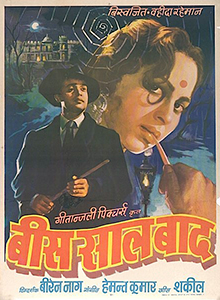
The film was a remake of the 1951 Bengali thriller Jighansa, which itself is based on Arthur Conan Doyle‘s The Hound of the Baskervilles as well as loosely based on Hemendra Kumar Roy‘s novel Nishithini Bivishika. The film topped the box office chart in 1962, becoming a “super hit.” The film became very popular for the song “Kahin Deep Jale“, sung by Lata Mangeshkar and written by Shakeel Badayuni for which they both won Filmfare Award for Best Female Playback Singer and Filmfare Award for Best Lyricist respectively.
The film ‘Bees Saal Baad’ was a big success, and became the most significant stepping stone for Biswajit’s career in Bollywood.
And Uttam Kumar’s chance of golden entry in BOLLYWOOD was lost.
Later, in 1964, Raj Kapoor once again approached Uttam for ‘Sangam’ in Hindi, this time to play Gopal. But the Bengali megastar was unwilling to play the self-sacrificing second lead, who watches the woman of his dreams walk off with another man, and Gopal ended up in committing suicide in the film.
Ironically, Uttam’s first big foray into Bollywood was to come just three years later in 1967, opposite Vyjayantimala, who would have played his love interest in ‘Sangam’ too. The Hindi film Chhoti Si Mulaqat was produced by legendary Bengali superstar Uttam Kumar, who also starred in the film alongside Vyjayanthimala. It was his first Hindi film and he took on the dual role of producer and lead actor. The film was a remake of the Bengali film Agni Pariksha, made in 1954, a super hit Bengali film, also starring Uttam Kumar, with his lead lady in many successful Bengali films, Suchitra Sen.
The resounding commercial failure of this film, titled ‘Chhoti Si Mulaqat’, brought on curtains on Uttam’s maiden venture in Bollywood, and the first of three heart attacks suffered by Uttam Kumar.
Chhoti Si Mulaqat dealt a body blow to Uttam Kumar both as a producer and to his dreams of making it big in Bombay. As he said after the debacle of Chotisi Mulaqat, “I was never too keen on getting into Hindi cinema. But since this was the remake of a film I had already done, it made sense (to jump in the remake). It was a powerful story written by Ashapurna Devi on child marriage.”
WRONG!! Uttam failed to understand that emotional romantic mind of Bengalis of fifties were different from FUN & ACTION loving majority of Hindi speaking populace in late sixties. In 1967, that subject was an anachronism. The subtleties of the script and performances that made the Bengali version watchable went missing in the Hindi version. Probably a better director would have salvaged the material but Uttam Kumar, for some strange reason given that this was his home production and he could have got anyone onboard, handed over the reins to Alo Sarkar who seemed hopelessly unequal to the task.
In addition—very subtle, and emotive underacting and expressions of Uttam Kumar were contrary to noisy, almost vulgar violence on which spectators of Hindi cinema were conditioned by then. His strength was one of the reasons for his failure.
Vyjayantimala recalls the experience of working with Uttam Kumar. “He was very quiet, and very courteous, (remained) lost mostly in his own world. I thought it was very good film with excellent music by –if I am not mistaken— Shankar-Jaikishan. The title song was a rage. Coincidentally, during the same year 1967 that Mr. Uttam Kumar did his first Hindi film, I did my first Bengali film Hatey Bazarey with director Tapan Sinha. I even sang a song “Cheye Thaki Cheye Thaki” in Bengali.”
I have seen “Agni Pariksha” several times, and ‘Chotisi Mulaqat’ once. Cine-script of Hindi -version was too weak, and a very good and strong director like ‘Basu Chatterjee’ was needed. Music of the film was also at variance with the THEME of the Story! Why Uttam has not relied on Sachin Karta, or Hemanta, or Salil for music???
Film Director was incompetent, and Music Director never understood the Story.
And it was a ‘Heroine’ oriented film. Suchitra may have done better.
Shammi Kapoor felt and said that Hindi cinema couldn’t fully capture the nuances of Uttam Kumar’s acting talent. They had mutual admiration for each other.
To this day, the only Hindi film for which Hindi speaking audiences remember Uttam Kumar is ‘Amanush’ (1975), which was simultaneously made in Bengali. It had the ‘Masala’ that spectators of Hindi films like.
So successful was the film that it spawned Telugu, Malayalam, and Tamil versions titled ‘Edureeta’ (1977), ‘Ithaa Oru Manushyan’ (1978) and ‘Thyagam’ (1978), respectively.
Thus, his best Hindi films were with Sharmila Tagore as his heroine. Sharmila had done Satyajit Ray’s Nayak in Bengali with Uttam. When years later, one of her favourite directors Shakti Samanta offered her the Hindi-Bengali bilingual “Amanush” with Uttam, she readily agreed.
And Uttam initially denied to play the lead role in Hindi version, but yielded to the demand of director -producer.
Shakti Samanta later made another Hindi-Bengali bilingual next year, “Anand Ashram” bringing the same Uttam-Sharmila pair together, but with much less success. It was not action oriented masala film!
Sharmila also did Bhim Sain’s ‘Dooriyan’ with Uttam. She considers it one of her most important films, as it showed the heroine as a career woman grappling with domestic and professional chores. Uttam’s acting got critical acclaim. But the film was ‘FLOP’.
Gulzar directed him in the wonderful ‘Kitaab’ (1977), where Vidya Sinha and Master Rajoo had more to do than he did, and said, “If only someone had taken the trouble of teaching him Hindi diction and throw, he could have been a national star.”
Alo Sarkar again directed Uttam Kumar in his Hindi film BANDI in 1978, a fairytale mishmash of Palatial intrigue and romantic frolic where Uttam was hopelessly mismatched with Sulakshana Pandit as a PAIR. The film flopped!
Plot No. 5 (1981): Released posthumously, it featured Uttam Kumar in a negative role.
Desh Premee (1982): This film, released after his death, featured him in an important supporting role. The film did good business.
Mera Karam Mera Dharam (1987): This was Uttam Kumar’s last released Hindi film, where he appeared in a brief role.
Uttam Kumar was, and he remains, to Bengali cinema, the ultimate unchallenged Megastar, the Mahanayak, so much so that in Shakti Samanta’s Amar Prem, the brief to Rajesh Khanna was, “Just copy Uttam Kumar in the original film (Nishi Padma).”
And Khanna did exactly that! That I consider a very big homage to Uttam!
And no wonder in an era dominated by Shammi Kapoor with his twinkling feet, Dilip Kumar with his unimpeachable diction, Rajendra Kumar with his over-the-top histrionics and then Amitabh Bachchan and Dharmendra with their maad-dhaad, Uttam Kumar failed to make the CUT. But there’s something to be said for the fact that Amitabh Bachchan, Dharmendra, Sanjeev Kumar, and Rajesh Khanna acted in the Hindi remakes of some of his most memorable Bengali films.
It is a very big surprise that Mrinal, or Ritwik didn’t cast him. So is Bimal Roy.
However—no Film Director exploited the most matured very high-quality and versatile acting talents of Uttam Kumar. Ray was only partially successful in NAYAK, in which, he played a one-dimensional but difficult role, and nobody else could have done justice to that role.
If I have to select the best ‘ACTOR’ of India till today—it is “UTTAM KUMAR” . Sanjeev Kumar is only a distant second.
REFERENCES FOR MORE INFORMATION:
- AMAR DADADAUTTAMKUMAR—BY TARUN KUMAR
- Uttam Sarani—Shankar Ghosh
- Uttam Kumar-A Life in Cinema by Sayandeb Chowdhury /Bloombury Publishing
- My Diary

